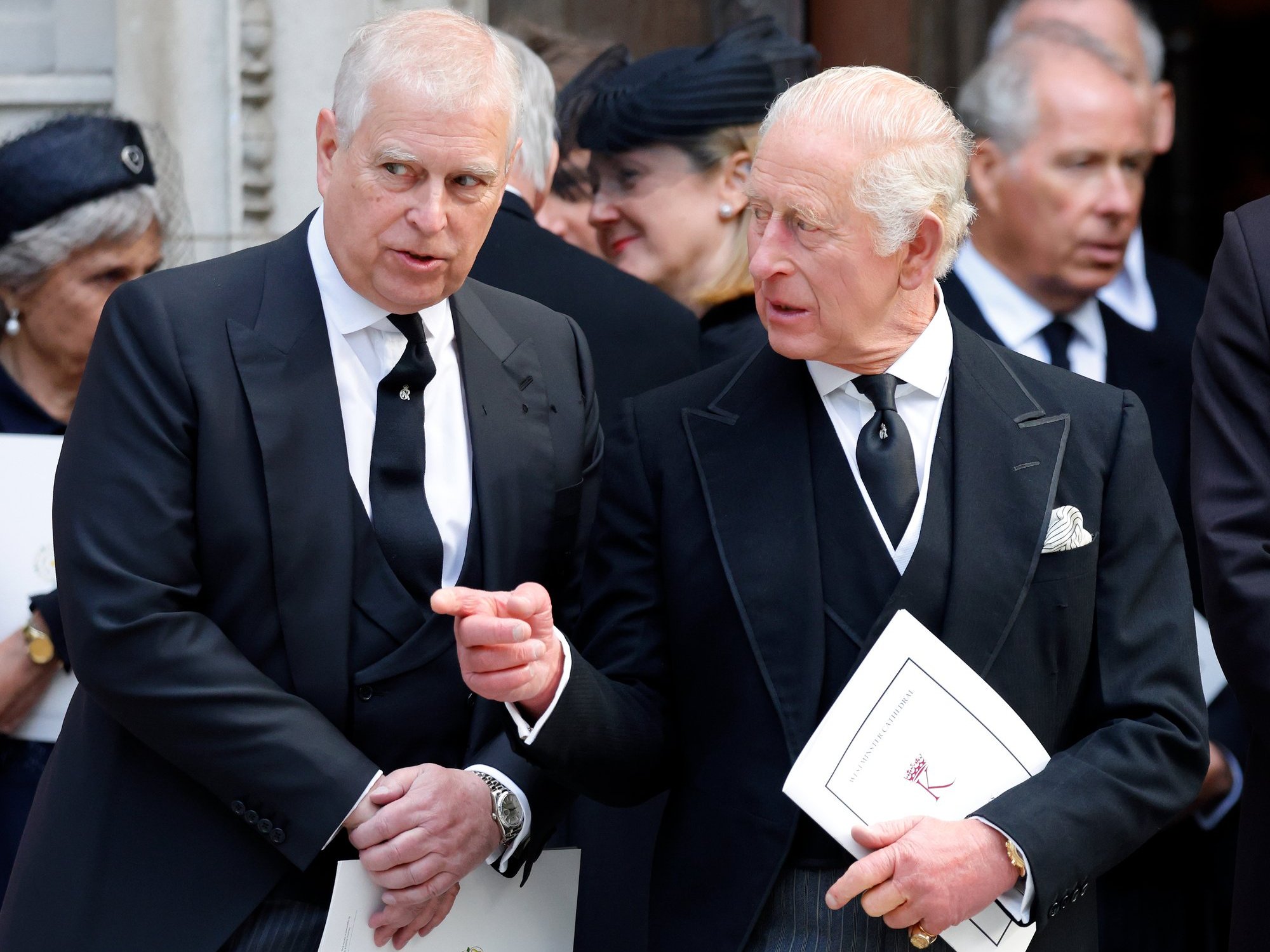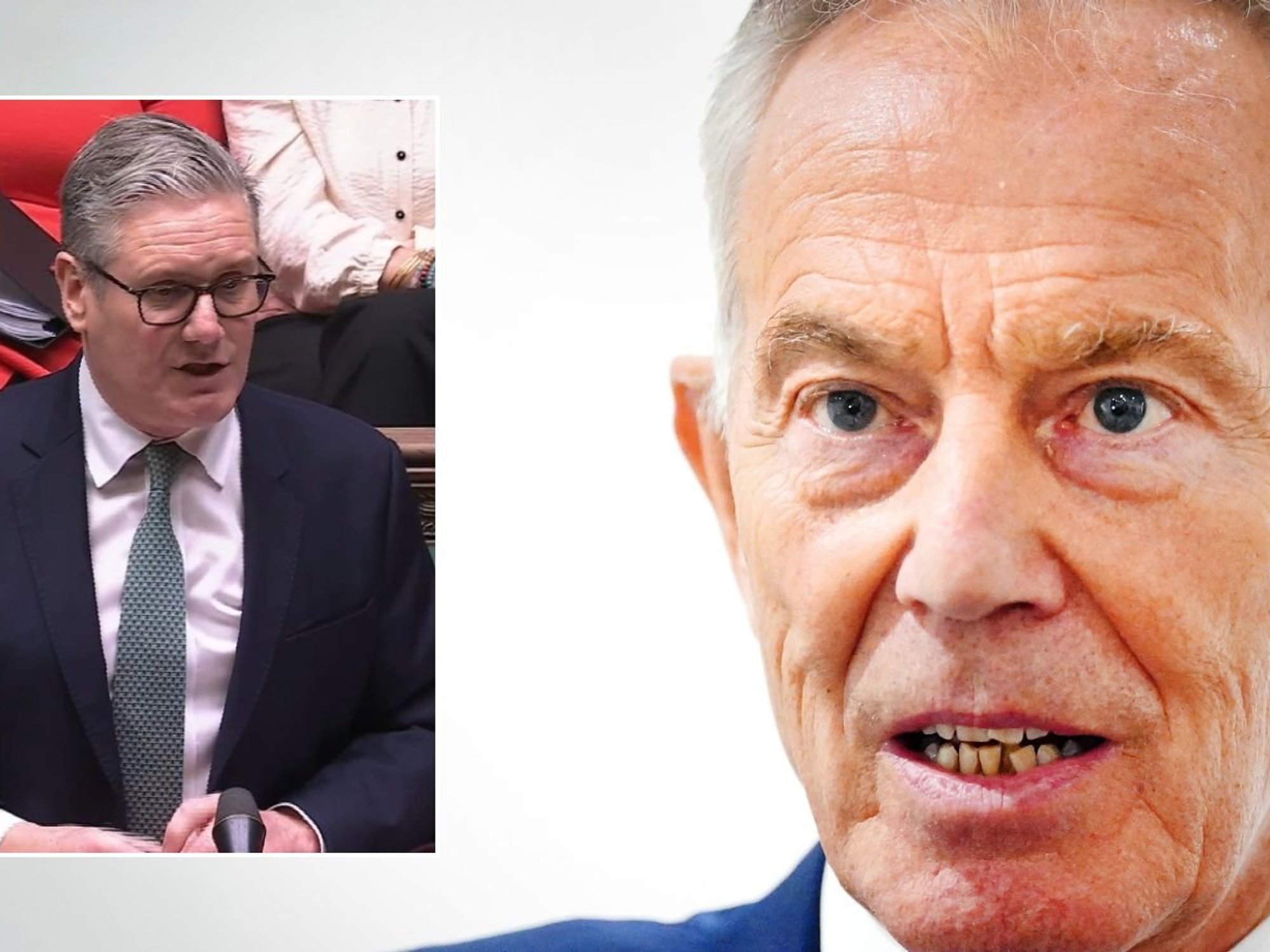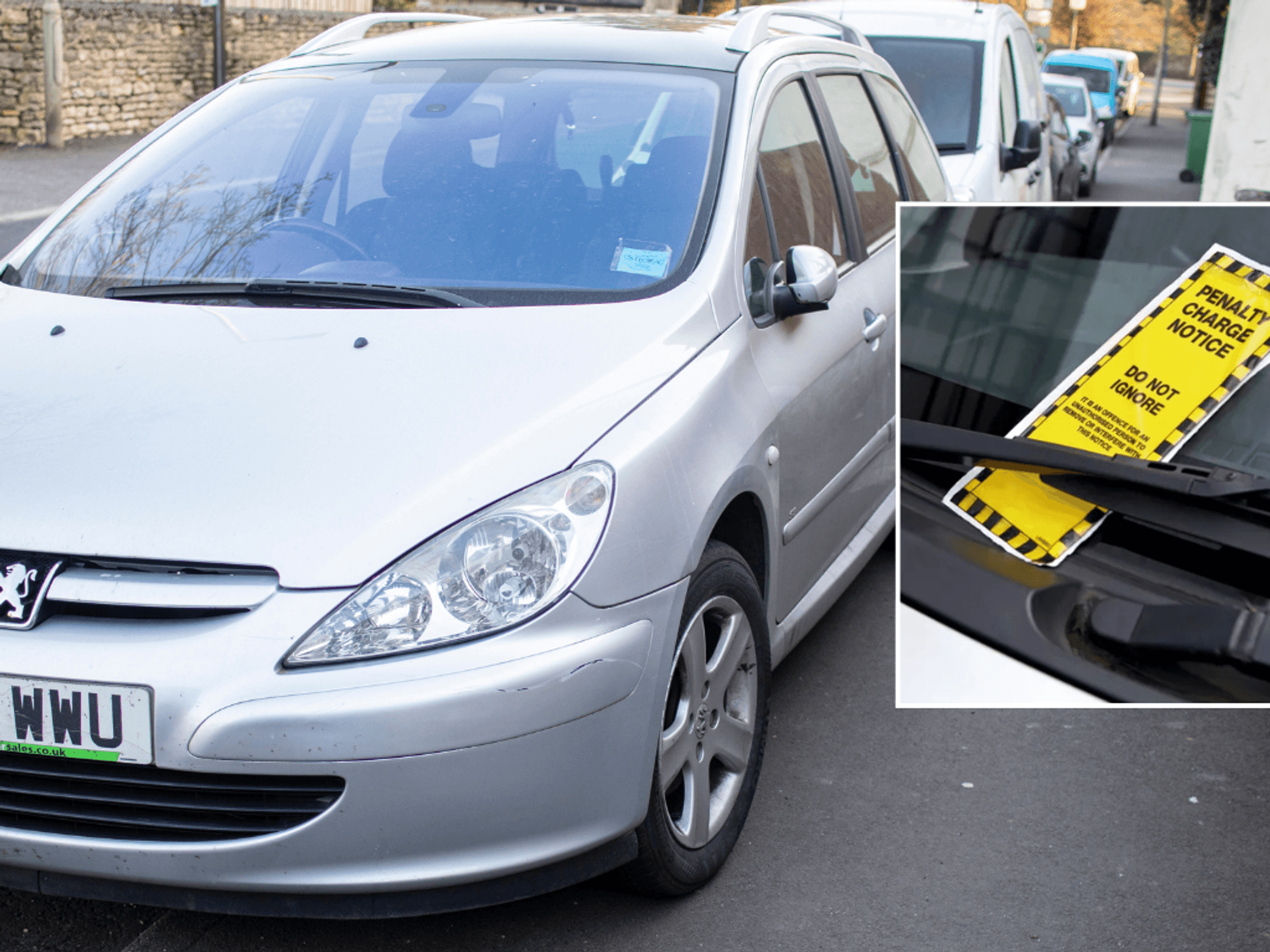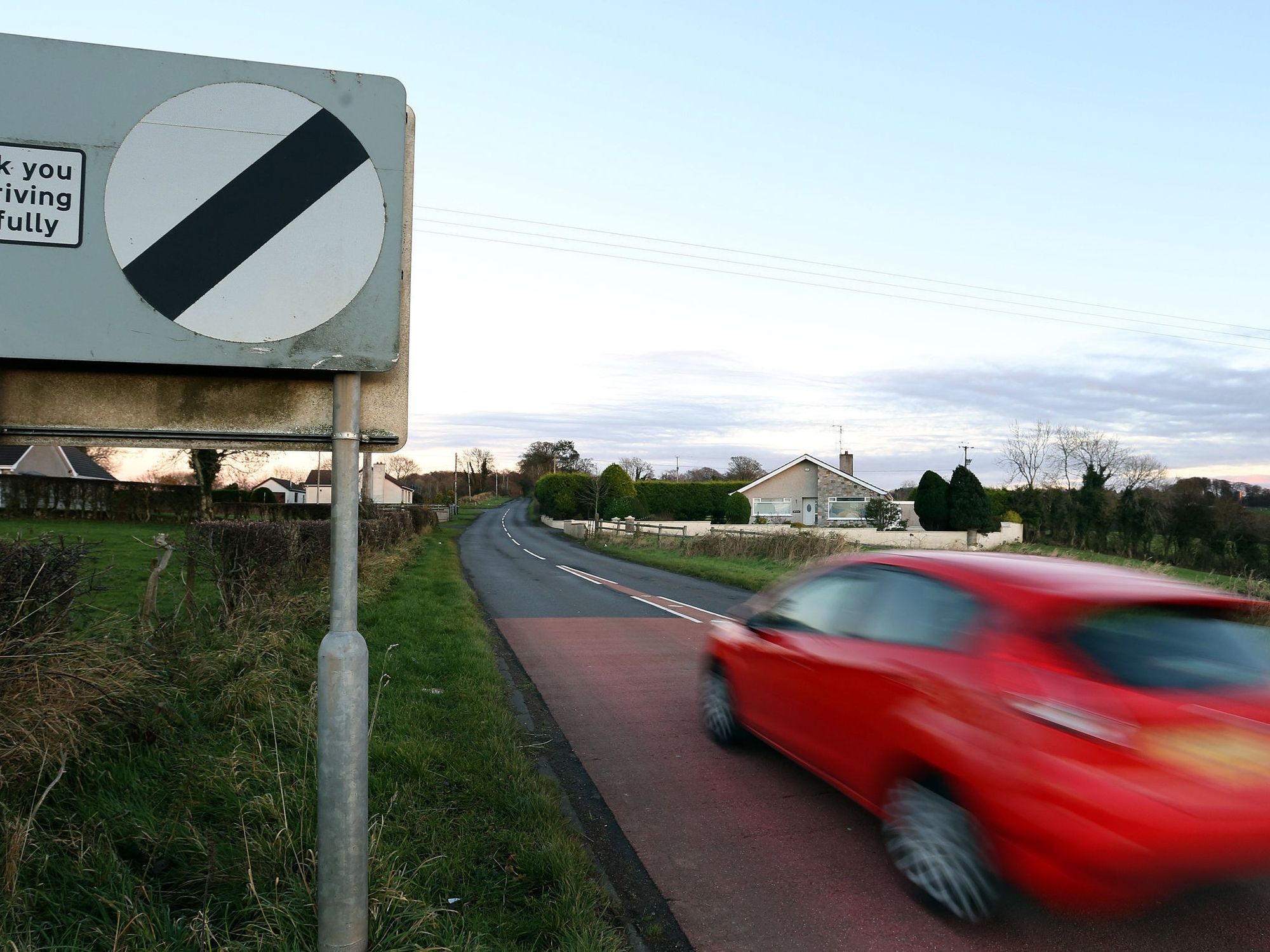Energy bills expected to rise in January under latest price cap forecast

Energy bills are expected to rise under a new price cap forecast
|GETTY

The Ofgem energy price cap will fall on Sunday
Don't Miss
Most Read
The Ofgem energy price cap is forecast to rise to £1,996 in January, due to increases in wholesale energy prices.
Annual energy bills for a typical dual fuel household paying by direct debit are expected to see a rise of £73, according to the latest forecast by Cornwall Insight.
Dr Craig Lowrey, principal consultant at the group, said that although it was disappointing to see the trend in energy bills falling over the past year seeming to "stall", it was "not wholly unexpected".
He said: "While the rise is small, it shows we cannot just assume prices will continue their fall and eventually reach pre-pandemic levels.
WATCH NOW: MPs call for energy social tariff consultation
"Policies need to be put in place to deal with the possible situation that high energy prices have become the new normal."
From October, the price cap for a typical dual-fuel household will pay £1,923 a year until December, down from £2,074 in July to September.
However, this is still more than 50 per cent higher than pre-crisis levels.
Despite this fall, the standing charge is increasing next month, and the ending of government support means households may find they pay more for their energy bills this winter compared to last.
The price cap has steadily declined over the past year, standing at £3,549 a year between October and December 2022, before rising to £4,279 a year from January 1.
Between October 2022 and June 2023, bill payers did not pay the full amount under the price cap, due to prices being subsidised by the government under its energy price guarantee (EPG) scheme.
Richard Neudegg, director of regulation at Uswitch.com, commented: “No sooner are our spirits lifted with lower rates in October than they are dampened with predictions of rising energy prices again in January, the time when households are using the most energy.
“This yo-yoing of energy bills is down to the Ofgem price cap, which now changes every three months.
“Only those on fixed tariffs have the certainty of knowing what they will pay for the full term of their deal."
Mr Neudegg urged the regulator to encourage suppliers to offer fixed tariffs "more widely and at more competitive prices".
The price cap is a limit on the price for each unit of gas and electricity a person uses, and it also sets a maximum daily standing charge.
It means if a person uses more, they will pay more than the typical annual price cap.
A coalition of more than 140 organisations and MPs have called for a consultation on an energy social tariff as a third of British adults say they are expecting to struggle to afford their heating bills this winter.
LATEST DEVELOPMENTS:
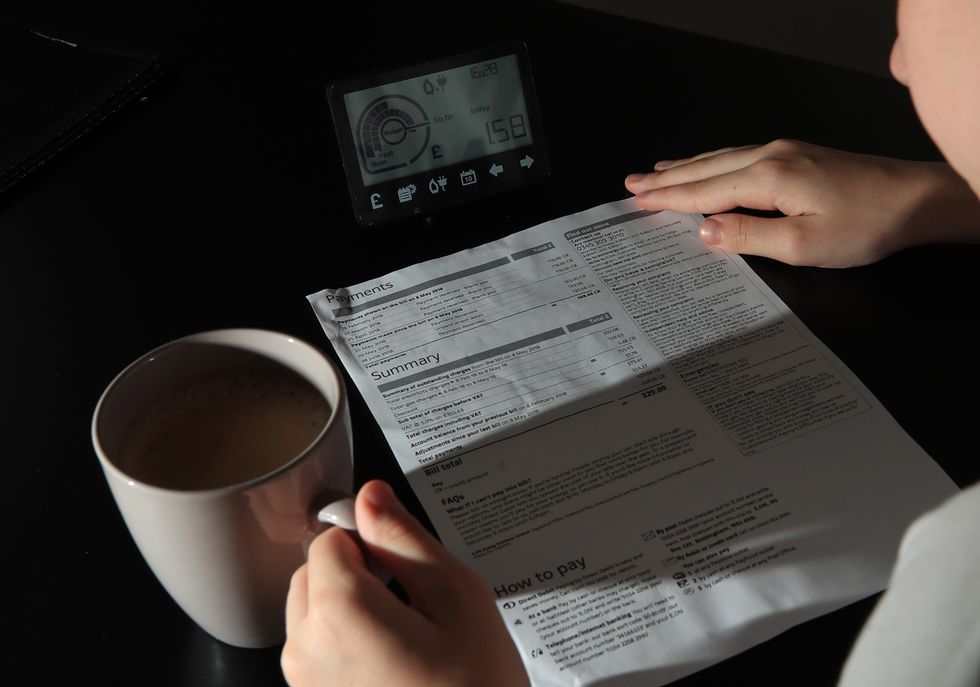
The energy price cap is now set every three months
|PA
In an open letter, the coalition including NEA, Age UK, Citizens Advice, Energy Action Scotland, MoneySavingExpert and Scope has called on the government to take action to support vulnerable households with their energy bills.
Martin Lewis, founder of MoneySavingExpert.com, has long supported an energy social tariff. He said: “A typical house now pays a once unthinkable, still unaffordable, £2,000 a year for energy – worse, this winter people won’t get the £400 support they did last.
“The energy market is broken – the limited competition there is hardly impacts what people pay. Even when there was competition, it failed many elderly or vulnerable people unable to take advantage of deals."
A Department for Energy Security and Net Zero spokesman said: “We recognise the cost-of-living challenges families are facing and spent £40 billion paying around half a typical household’s energy bill last winter.
“While energy prices are falling our Energy Price Guarantee remains in place to protect people until April next year.
“We are also providing additional targeted support for the most vulnerable, with three million households expected to benefit from the £150 Warm Home Discount and millions of vulnerable households will receive up to £900 in further cost of living payments.





